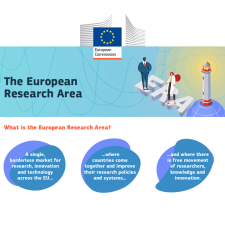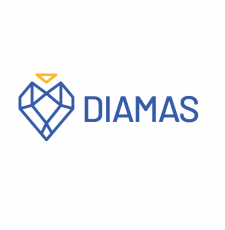Libraries in EIFL partner countries perform a vital role getting reading and other materials into the hands of people who need information and knowledge for education, research, health or leisure. The seven point plan submitted by EIFL in response to the (ec.europa.eu/internal_market/consultations/2013/copyright-rules/index_en.htm) European Commission's Public Consultation on the review of EU copyright rules highlights some issues that libraries want to see addressed.
“Librarians want to do their work effectively, efficiently and of course, legally," said Teresa Hackett, EIFL-IP Programme Manager. “But sometimes, it seems as if the weight of the system is against this.”
Here are some of the things librarians in EIFL-partner countries told us for the European Commission consultation:
Estonia
In Estonia, university librarians spoke of frustration in not being able to provide a research student with excerpts from books that were published almost a century ago, due to copyright restrictions.
Requests by public libraries to buy Estonian e-books, in support of a policy to promote the Estonian language, are being refused.
Latvia
In neighbouring Latvia, efforts to get agreement on best practices for acquiring e-books are stalled, leading to fears that frustrated readers will be driven away from literature in local languages, or towards illegal file-sharing sites unless a legal framework for e-lending is put in place.
While the state invests in preserving the national heritage of Latvia, libraries cannot usually make the digital works publicly available. So there is a strong sense of inequality between the interests of society that has paid for the work to be preserved, and its availability for the benefit of society.
Poland
Digitization and preservation is a costly process, often funded by the public purse. In Poland, librarians have come to realize that the duplication of costly digitization efforts by multiple institutions in multiple countries is no longer feasible. In the near future, librarians believe that they will need to share infrastructures for digitization activities. But copyright law in Europe must enable the adoption of these and other efficiency measures.
Lithuania
The National Library in Lithuania, tasked with promoting Lithuania’s cultural heritage in Europe, is prevented from contributing culturally significant materials to Europeana, the European Digital Library (co-funded by the European Commission). This is because copyright law stands in the way, or because it proves impossible to ascertain the copyright status of the work, and thereby to seek permission.
The Lithuanian Library for the Blind cannot provide special format material for national minorities, such as books in Polish and Russian, which are in demand among senior readers who constitute the greater part of the readership.
South-eastern Europe and Malawi
An academic library in south-eastern Europe can no longer obtain copies of articles for researchers that are not in its own collection since the copyright-based service at the supply library in the UK was replaced by a new publisher licensing arrangement. Some items are not available at all, or are only available at commercial rates – up to four-fold price increases - that are unaffordable for the library.
In addition, an array of inflexible and confusing rules regarding supply and pick-up options for the requested items are problematic in Malawi, where librarians need reasonable copyright and licensing rules that work in the real world.

SHARE / PRINT








